This question comes always up together with stationary meter testing in laboratories. Isolation Current Transformers (ICT) are needed to test more than one direct connected energy meter on a test bench with multiple positions, assuming that the I-P links can not be opened.
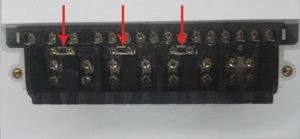
If you can't find the links (red arrows) on the meter terminal block you need to use ICTs for testing.
And why?
All electronic meters have a power supply, linked between phases and neutral. This power supplies have a consumption (see e.g. IEC62053-21, #7.7.1). According to the Kirchhoff's Circuit Laws a fraction of the test current will be used by the power supply. This leads to a current-drop on the next test position and to an increasing error from position to position.
The smaller the test current, the higher is the impact on error measurement.
And how does an ICT overcome this problem?
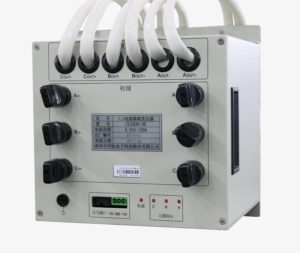
An ICT is principally a transformer with a 1:1 ratio. You have a primary side (where the source is injecting the current) and a secondary side with the connections to the meter. The test voltage is individually provided to each meter on the secondary side of the ICT. So all meters get the same test current. See for example our ICT CL2030 with advanced additional features like protection and remote access by PC-software.
What about single phase meters?
Closed link single phase meters can be tested with ICTs. For single-phase test benches a Multi Secondary Voltage Transformer (MSVT) can be used. With a MSVT the test voltage is made galvanic free, while an ICT makes the currents galvanic free.
Conclusion
To test single-phase meters with closed links, you need to have a test-bench with MSVTs.
To test three-phase meters with closed links you need to have a test-bench with ICTs.
For testing of transformer operated meters (CT, CT/VT) we recommend a direct connection to the test bench. These meters have the current- and voltage circuits separated internally.
Editor's note: This article was originally published in July 2019 and has been updated for comprehensiveness.
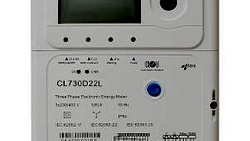
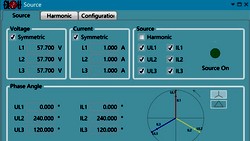
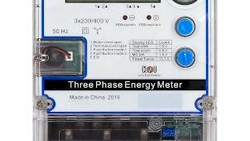


All comments are moderated before being published. Inappropriate or off-topic comments may not be approved.